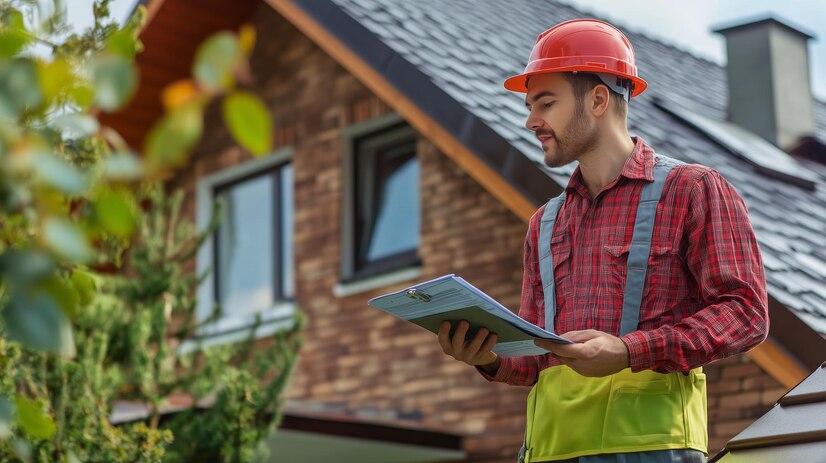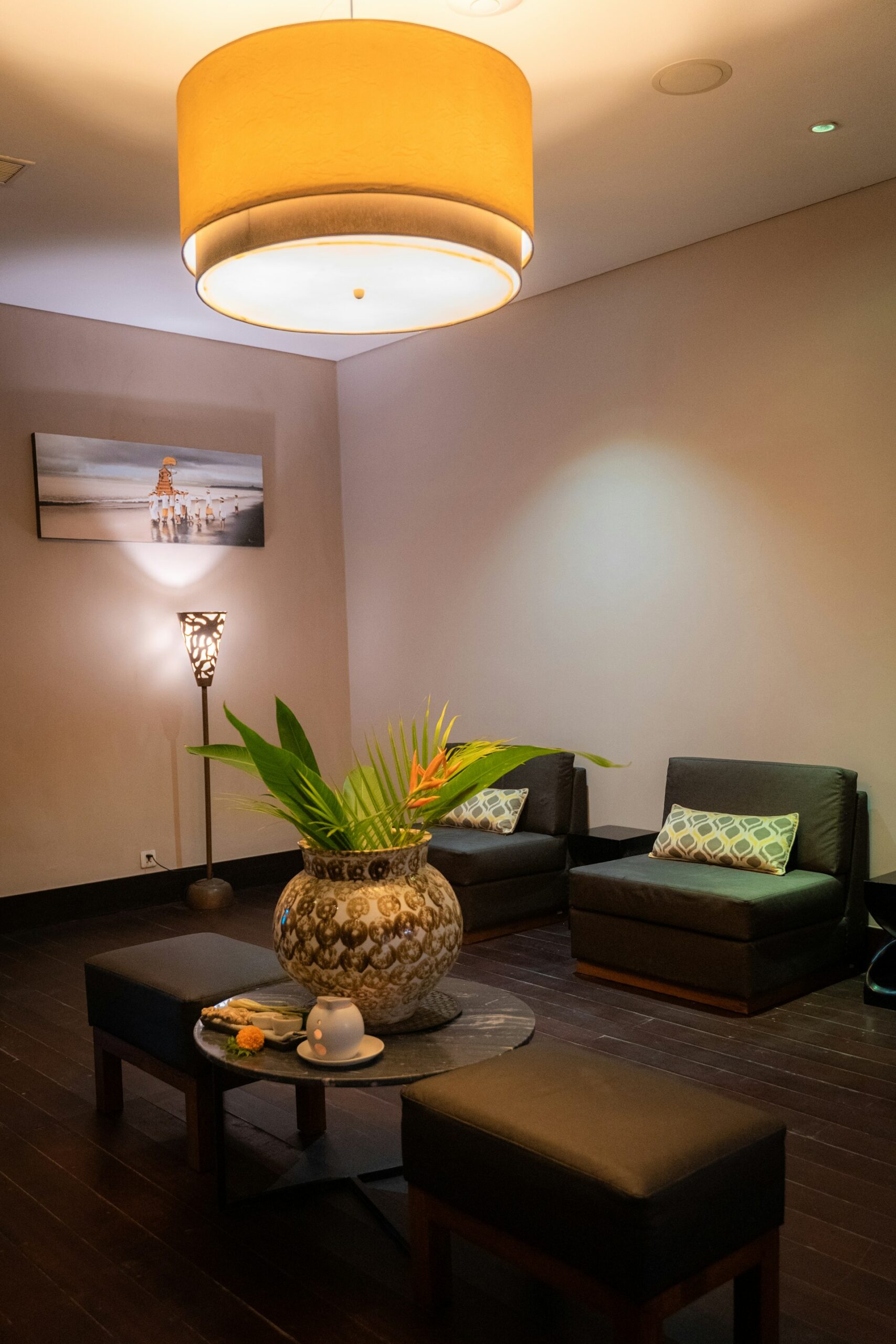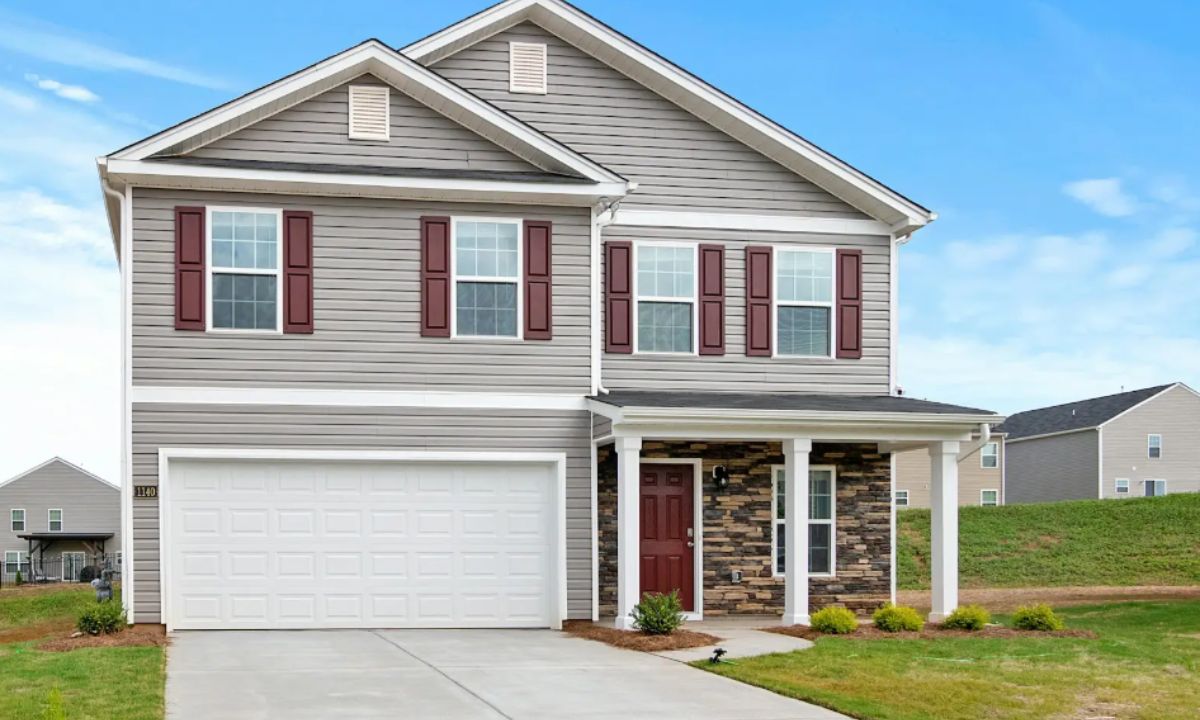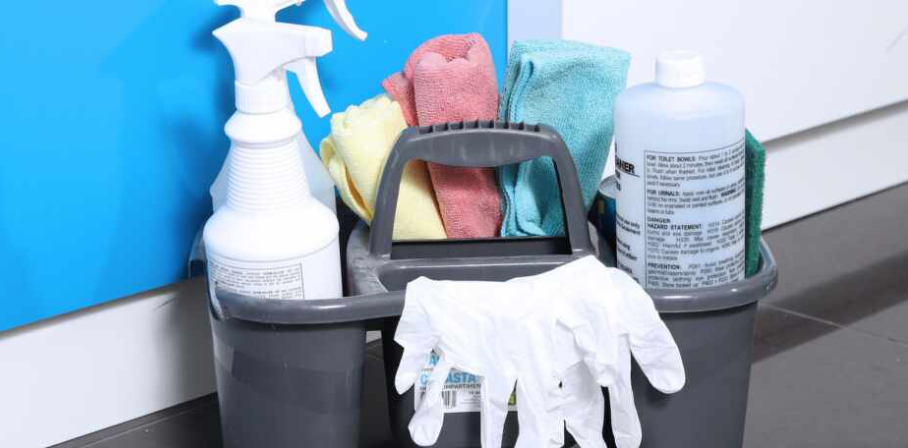The roof of a home is one of its most crucial components, yet it is often overlooked when it comes to regular maintenance. As the first line of defense against the elements, the roof endures various weather conditions, including rain, snow, wind, and sun. Over time, these forces can wear down even the most robust roofing materials, potentially leading to significant damage if left unchecked. We will explore why choosing from the top roofing companies in St. Louis County for regular residential roofing inspections is essential for maintaining the structural integrity of a home and preventing costly repairs in the future. By understanding the importance of these inspections, homeowners can take proactive measures to ensure their roofs remain in optimal condition.
Preserving the Structural Integrity of Your Home
One of the primary reasons for conducting regular roofing inspections is to preserve the structural integrity of your home. The roof acts as a barrier that protects the house’s interior from external elements. However, factors such as extreme weather conditions, temperature fluctuations, and aging materials can cause deterioration over time. Regular inspections allow homeowners to identify potential leaks, cracks, and loose shingles before they escalate into more significant problems. For example, if left unnoticed, a small leak can lead to water damage, mold growth, and even compromise the foundation of the house. By addressing these issues promptly, homeowners can prevent further damage and ensure the long-term stability of their homes.
In addition, regular roofing inspections can reveal hidden structural damage that may not be visible from the ground. For instance, windstorms can cause loose shingles or tiles to shift, leading to gaps in the roofing system. These gaps can allow water to seep into the underlying layers, causing rot and weakening the structure. By detecting such issues early through inspections, homeowners can take appropriate action to reinforce the roof and prevent further deterioration. This proactive approach not only safeguards the home’s structural integrity but also extends the lifespan of the roofing materials, saving homeowners from premature roof replacements. For residents in Houston, scheduling a seasonal Houston roof inspection is particularly beneficial due to the region’s unique climate challenges. Seasonal inspections help identify and address damage caused by factors like intense heat, humidity, and severe storms, ensuring that minor issues are resolved before they develop into major problems.
Preventing Costly Repairs
Another significant benefit of regular roofing inspections is the prevention of costly repairs. Many homeowners are unaware of minor issues that can escalate into major problems if left unattended. For example, a small crack in a shingle may seem insignificant, but over time, it can allow water to penetrate the roof and cause extensive damage to the underlying structure. Regular inspections allow homeowners to identify and address these minor issues before they become costly.
Moreover, regular roofing inspections can help homeowners avoid unexpected expenses. Roof repairs and replacements can be significantly expensive if the damage has progressed to a point where extensive repairs are required. By identifying issues early through inspections, homeowners can plan and budget for necessary repairs, avoiding the financial burden of sudden and unexpected roof damage. In addition, addressing minor issues promptly can prevent further damage that may require extensive repairs, ultimately saving homeowners money in the long run.
Regular inspections also allow homeowners to assess the overall condition of their roofs and make informed decisions about maintenance and repairs. For instance, if an inspection reveals that the roofing materials are nearing the end of their lifespan, homeowners can plan for a roof replacement in advance rather than waiting for a catastrophic failure. This proactive approach allows homeowners to take control of their roofing maintenance and avoid the stress and expense of emergency repairs.
Ensuring Energy Efficiency
Regular roofing inspections play a crucial role in ensuring a home’s energy efficiency. A well-maintained roof helps to regulate the temperature inside the house, reducing the need for excessive heating or cooling. For example, if the roof has gaps or cracks, warm air can escape during the winter, leading to increased heating costs. Similarly, cool air can escape in the summer, causing the air conditioning system to work harder to maintain a comfortable temperature. By identifying and addressing these issues through regular inspections, homeowners can improve the energy efficiency of their homes and reduce their utility bills.
In addition, a well-maintained roof can contribute to the overall insulation of the house. Insulation is essential for maintaining a consistent temperature inside the home, regardless of external weather conditions. During a roofing inspection, professionals can assess the condition of the insulation and recommend any necessary repairs or upgrades. This ensures that the roof is functioning as an effective barrier against heat loss or gain, further enhancing the home’s energy efficiency.
Furthermore, regular inspections can help homeowners identify opportunities for energy-efficient upgrades. For example, suppose an inspection reveals that the roofing materials are outdated or damaged. In that case, homeowners can consider upgrading to more energy-efficient options, such as cool roofing materials or solar panels. These upgrades can not only improve the home’s energy efficiency but also increase its value in the long run. By conducting regular roofing inspections, homeowners can stay informed about the condition of their roofs and make informed decisions about energy-efficient improvements.
Regular residential roofing inspections are essential for maintaining a home’s structural integrity, preventing costly repairs, ensuring energy efficiency, and maintaining aesthetic appeal and property value. Regular inspections allow homeowners to identify potential issues early, address them promptly, and avoid the financial burden of extensive repairs or premature roof replacements. Additionally, regular inspections allow homeowners to assess the overall condition of their roofs, make informed decisions about maintenance and upgrades, and ensure that their homes remain energy-efficient and visually appealing.















